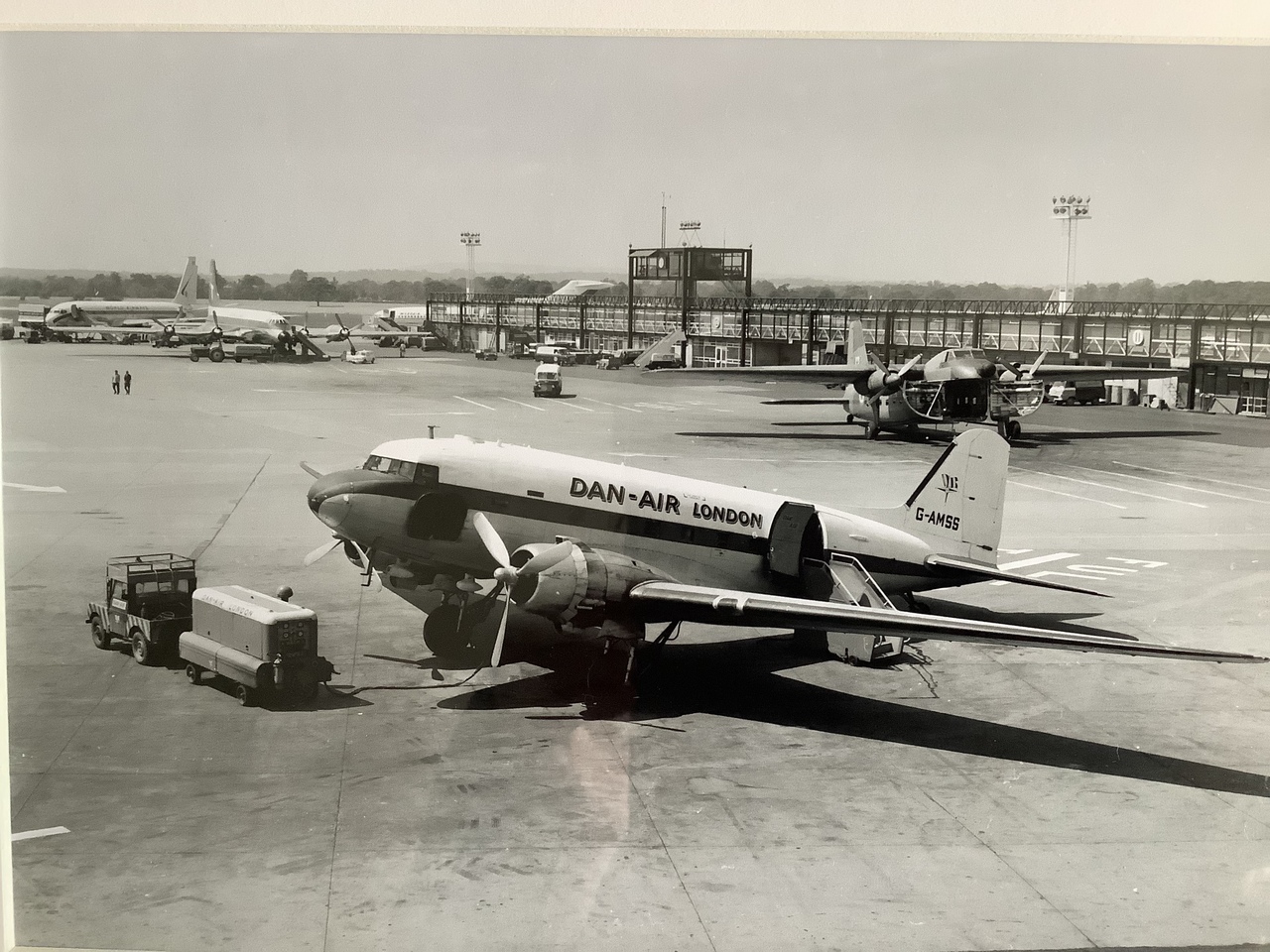
DO YOU WANT TO BE A PILOT?
If the answer is yes there are only two ways
currently available. The cheapest way is to apply to the Royal Air Force. Once
selected as suitable and providing you meet the very demanding selection
procedures and pass all the tests and checks with them there is no bill. The
training is top rate and it costs the tax-payer around one and a half million
pounds.
If you look towards a career as a civilian commercial
pilot and finally select an approved CAA course to obtain your licence, you
still have to pass a lot of exams and flying tests but the likely bill YOU will
be paying is unlikely to be less than £150,000. Ouch, but nothing is cheap in
this game. The RAF route will take around three to four years before you are
declared operational on a squadron and they will feed you, house you, and pay
you a salary as well. The civil route will be just under two years and you will
usually need parents to help pay for ground school work and the flying training
and you will NOT earn any money until you locate a suitable employer willing to
take you on. It’s a tough method. In both cases you will need to work darn hard
and it’s a very satisfying and wonderful career that awaits you. In civil
flying you will be retired at sixty providing you continue to pass conversion
courses and frequent simulator, route checks and medicals. Most pilots in the
RAF will probably cease flying if they stay in the service at around forty
years of age.
A picture attached to this shows the first two aircraft
I qualified on. The nearest is the lovely Dakota I first flew with Dan Air. The
aircraft on the stand, which is at Gatwick in 1960 before the airport started
to get busy, is the dreaded Bristol Freighter which I hated with a passion.
Currently many civilian pilots may well only have the chance to fly more than
one or two aircraft. My generation was slightly luckier as my good fortune was
to fly five which meant a lot of time in simulators and ground schools. All of
this is explained in the book. On average you will be being tested or checked
every five or six weeks until you retire. It is NOT a profession that once the
initial qualifications have been obtained you just stop being checked until you
happily retire. Two simulator checks every year, (usually four hours each) with
a break of course plus a route check as well plus two medicals, survival
training once a year and a technical test also annually. Everyone accepts this
is necessary in order to make daily flying the safest means of travel. It is
hard-earned but very satisfying so enjoy it and welcome to the best
variable job in the world. I loved it.
Post Views : 237